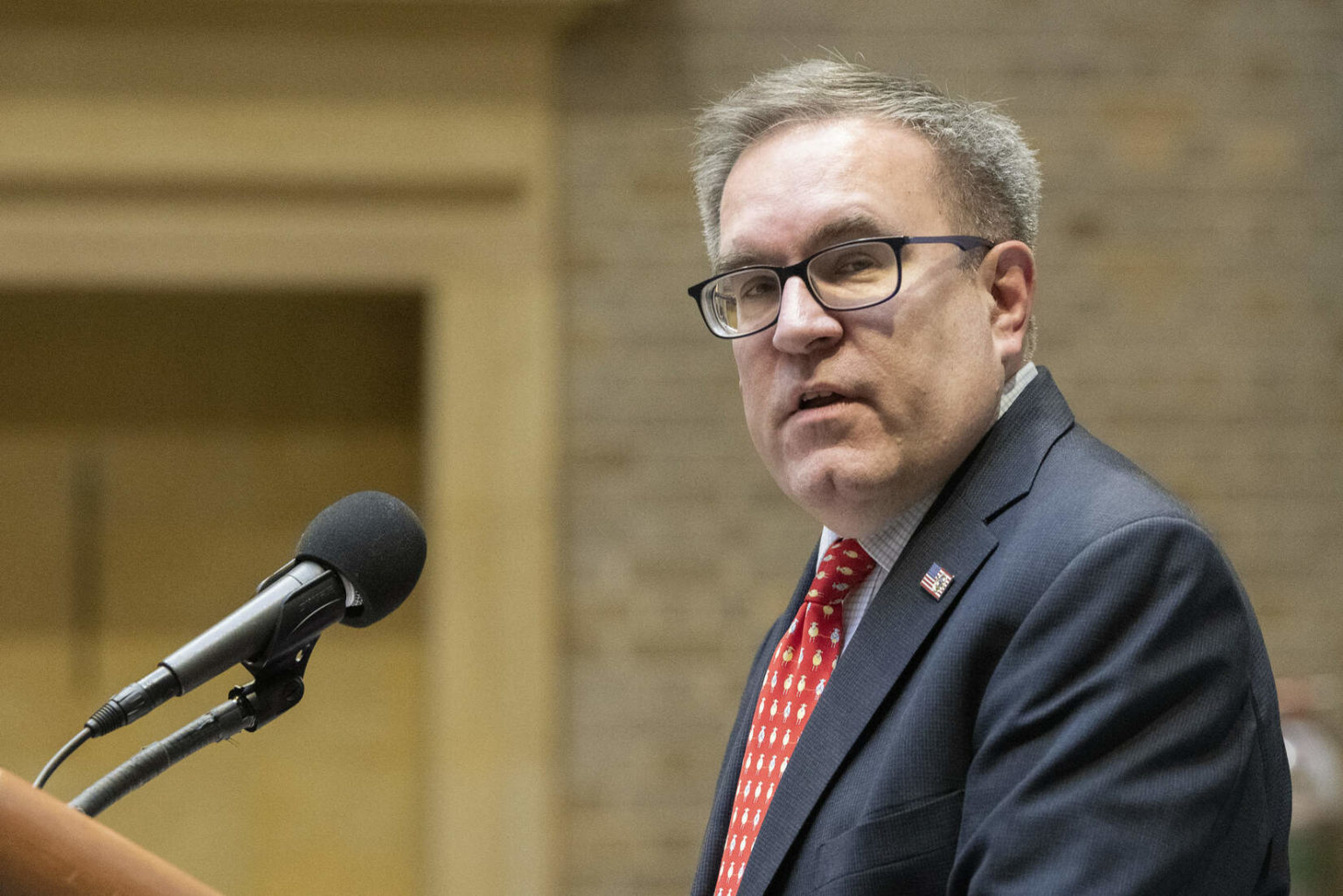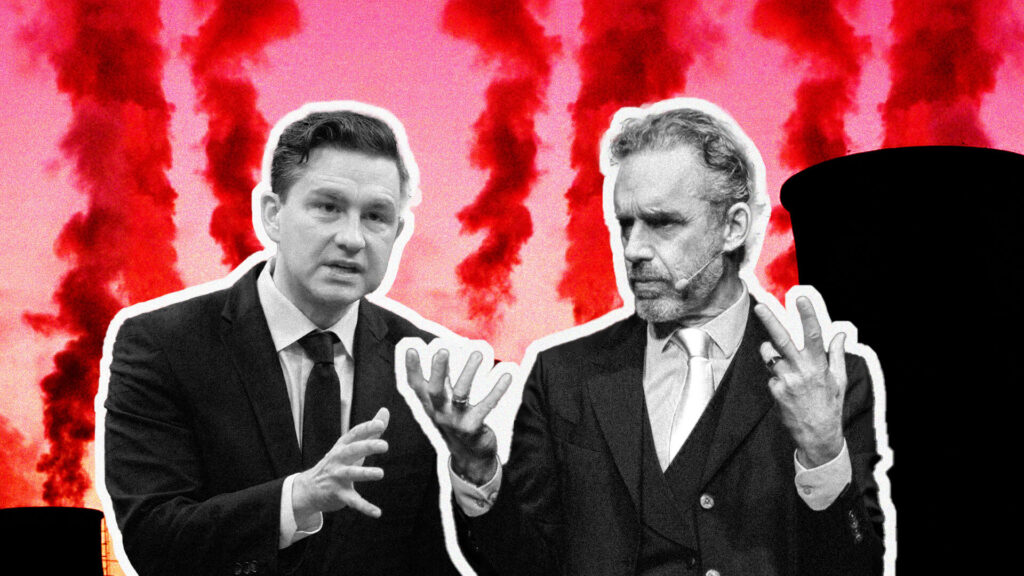A federal appeals court ruled April 1 that the Environmental Protection Agency (EPA) had no basis to withhold one key part of a computer model used by the agency to develop its less stringent greenhouse gas emission standards for new vehicles. The ruling came just one day after EPA and the National Highway Traffic Safety Administration (NHTSA) released a final rule rolling back clean car standards set under the Obama administration.
The new Safer Affordable Fuel Efficient (SAFE) Vehicles rule, which requires vehicle fuel economy improvements of 1.5 percent annually rather than 5 percent, is expected to increase air pollution, greenhouse gas emissions, and consumer fuel spending.
Several environmental and public interest groups — ardent critics of the laxer standards — submitted formal comments to EPA last year noting that the agency disregarded its own modeling for the rulemaking and refused to publicly disclose information related to that modeling. The Environmental Defense Fund (EDF) and the Natural Resources Defense Council (NRDC) also brought a Freedom of Information Act (FOIA) lawsuit against EPA to compel the agency to release the full components of a modeling program called the Optimization Model for Reducing Emissions of Greenhouse Gases from Automobiles (OMEGA). The computerized program forecasts how automakers could comply with certain greenhouse gas emission standards.
EPA then released several components but withheld one called the “core model,” and the district court allowed EPA to keep that component hidden. The Second Circuit Court of Appeals, however, ruled in favor of EDF and NRDC, rejecting EPA’s argument that the core model is “deliberative” and thus exempted under FOIA.
“The core model does not contain or expose the types of internal agency communications that courts typically recognize as posing a risk to the candor of agency discussion such as advice, opinions, or recommendations. Instead, it contains algorithms instructing the model on how to process the input data,” the Second Circuit opinion states.
BREAKING. 2nd Circuit compelled @EPAAWheeler to release core model re #CleanCars rollback rejecting his efforts to withhold this key information from the public. Core model will show @EPAAWheeler is misleading the public & rollback is unlawful @EnvDefenseFund @NRDC teamwork! pic.twitter.com/hOYw0l96qP
— Vickie Patton (@_VickiePatton) April 1, 2020
According to EDF, the full OMEGA model would show that automakers could comply with the Obama-era clean car standards “at a substantially lower cost than alleged by the administration.” EPA disregarded the OMEGA modeling results and relied instead on a different model developed by NHTSA, which produced results that better aligned with the proposed rollbacks, which have now been finalized. The NHTSA model, according to a footnote in the Second Circuit opinion, “was consistently overestimating compliance costs and not prioritizing cost-effective technologies.”
“The Trump administration has been trying to hide the real impacts of its plan to gut clean car standards,” said Pete Huffman, a lawyer with NRDC. “With this decision, it will be even more clear to the public how dangerous and harmful to the economy this rollback really is.”
Main image: EPA Administrator Andrew Wheeler. Credit: U.S. Department of Agriculture, by Lance Cheung, public domain.
Subscribe to our newsletter
Stay up to date with DeSmog news and alerts







